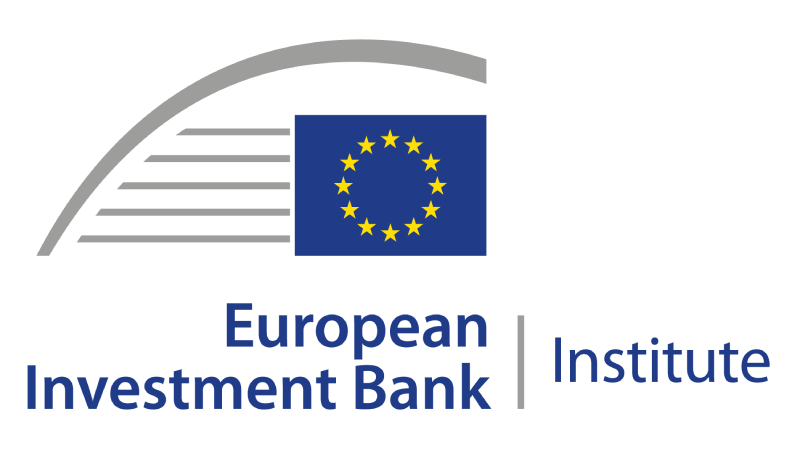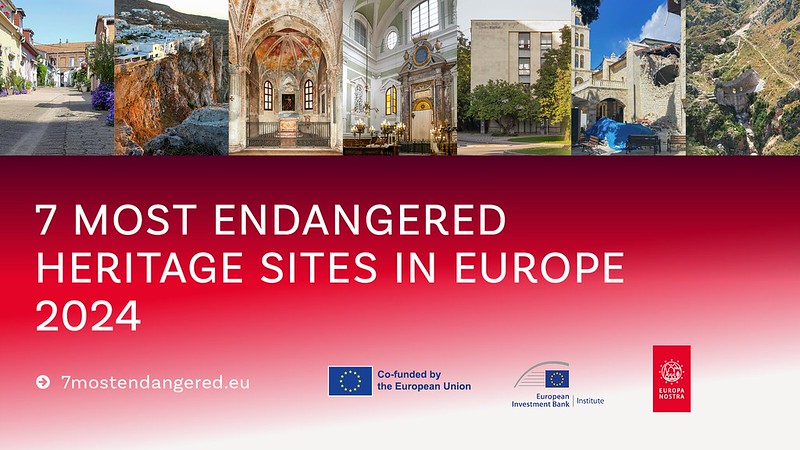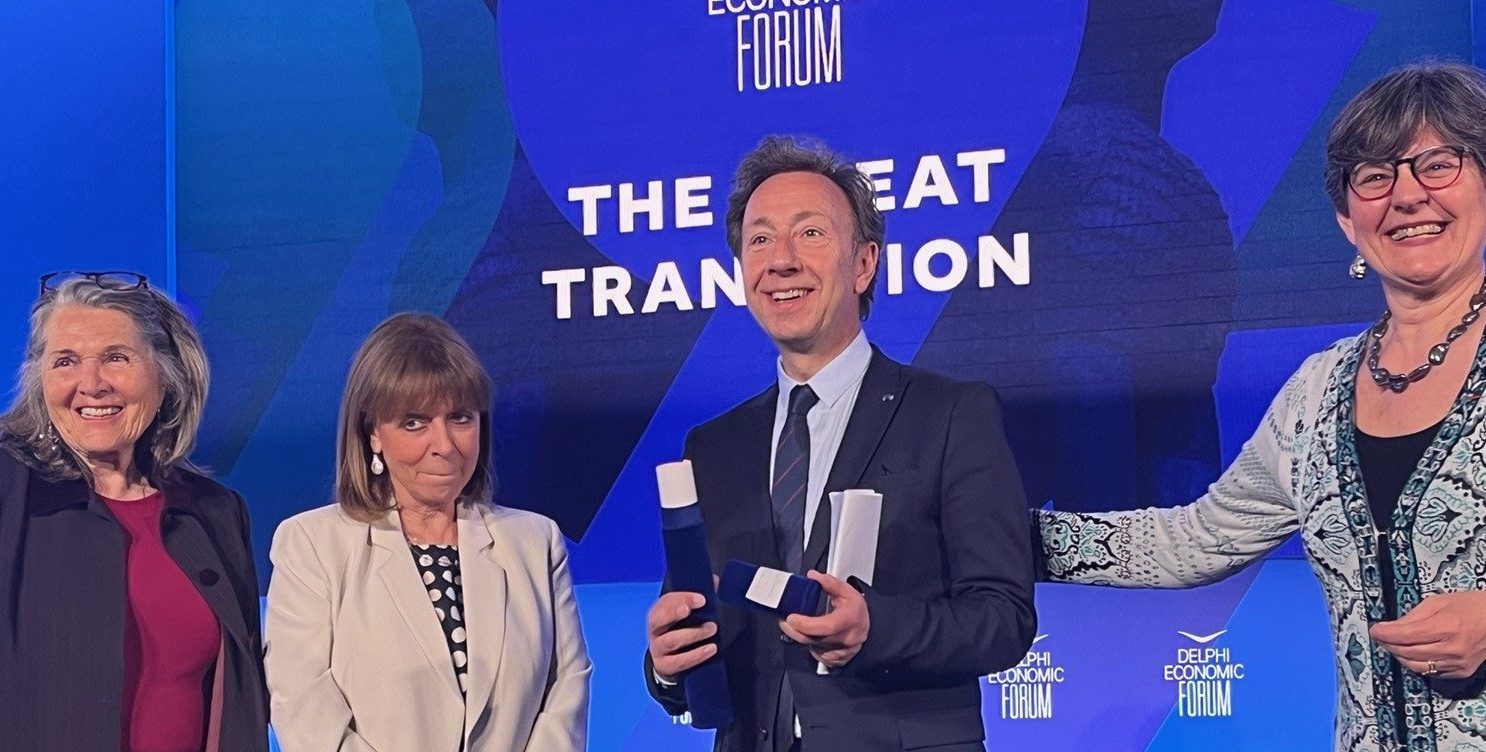Few member states in the EU apart from the UK use Social outcomes contracting (SOC), an innovative form of procuring services based on outcomes rather than outputs. In this type of contract such, the public entity (government or donor) only pays for achieved results instead of upfront payments for clearly defined outputs as in a traditional mandate. Socially-motivated investors provide funding up-front and get a risk premium (bonus/malus) depending on the achieved results.
SOC offers new opportunities for combining and directing public and private resources towards positive social impact and could help promote social and economic integration of migrants in the EU, according to a study presented at the EIB by Sciences Po Masters’ students under the framework of a capstone project.
SOC works best when it is designed and implemented at a local level with specialised service providers and funded and coordinated at national or supranational level. However the approach to achieving outcomes varies significantly across mechanisms and may not be scalable. Thus SOC mechanisms may complement and should consider existing dynamics of service provision, the study concludes.
The European Investment Advisory Hub – a joint initiative of the European Commission and the EIB, under the European Fund for Strategic Investment (the Juncker plan) – aims to support countries wishing to develop this approach. The platform was launched together with the Finnish Ministry of Social Affairs and Health and is also supported by the Finnish Innovation Fund Sitra. The initiative supports the development and use of SOC as a strategic and operational tool for delivering social impact and innovation to address key social inclusion challenges in Europe and contribute to society’s increased well-being.
Click here for the presentation.
This is the third capstone presented in 2019 following a capstone with LSE students on Mapping the Fintech ecosystem in the EU and one with Sciences Po students on What business model for smart cities assets?
A capstone is a consultancy student project: a team of four to six Masters’ students works under the supervision of the EIB Group staff who has proposed the topic. Projects have a resolutely operational approach and enable students to undertake a real-life consulting project on topic relevant to the EIB Group. At the same time, they allow EIB Group staff to carry out useful and often directly applicable operational research.






